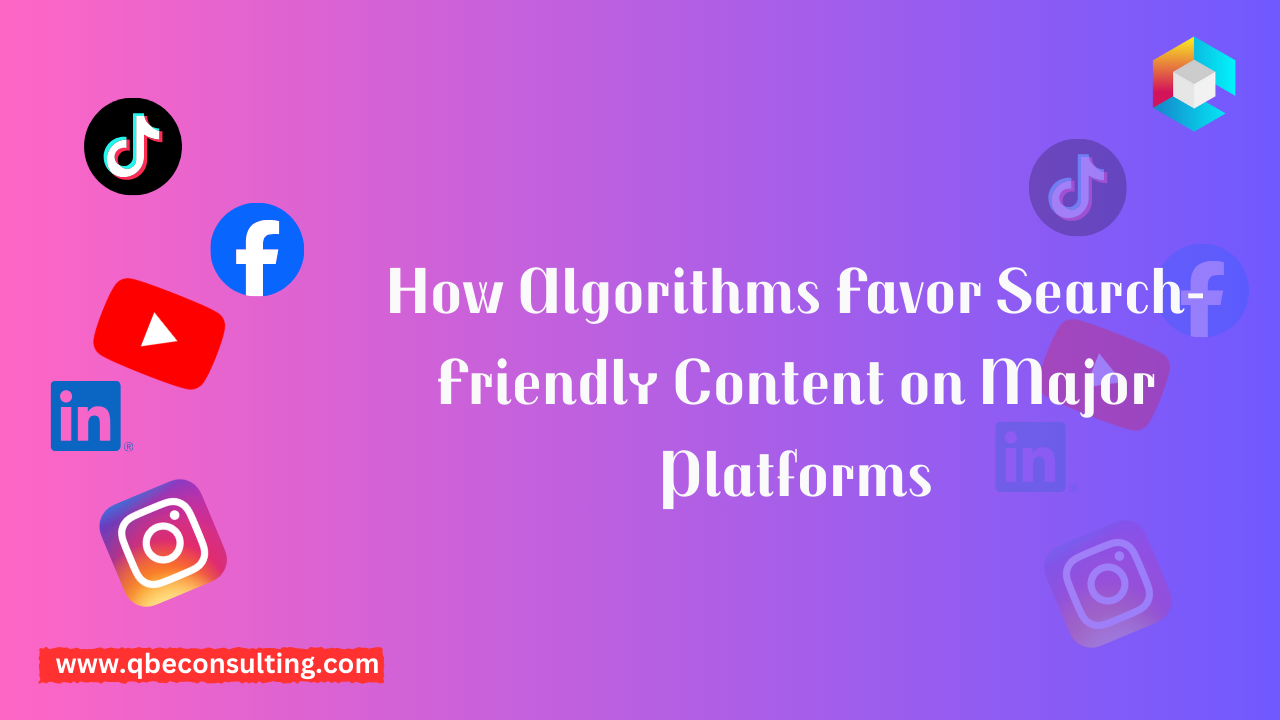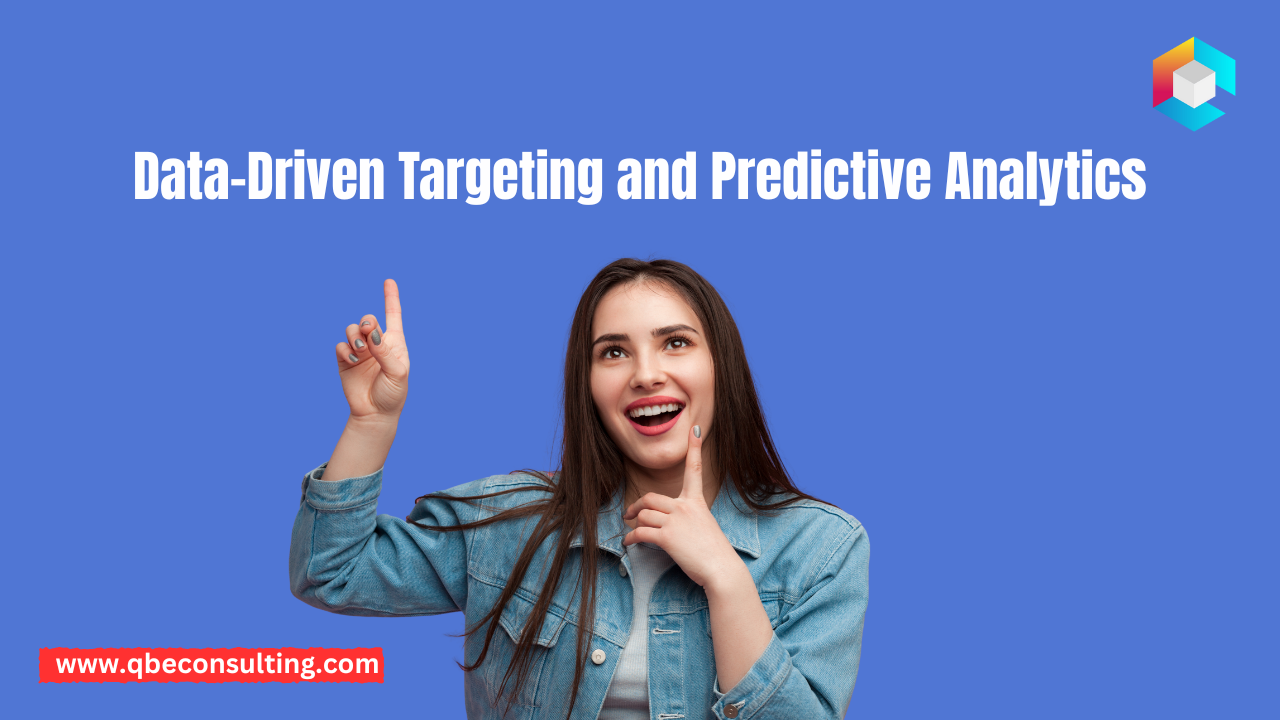Artificial Intelligence (AI in marketing) has fast become a key aspect of marketing in the current world. Using predictive data and tailored experiences, AI in marketing is altering how brands talk to their customers. But how can AI affect return on investment (ROI)? This is the most crucial question that still has to be answered. Marketers need to look beyond how many people use AI to see how it really adds value in meaningful ways.
Why AI in Marketing Matters
Analysing data is a key component of marketing these days. Not only is it vital to contact the appropriate people, but you also need to do it at the right moment, with the correct message, and through the right channel. Artificial intelligence (AI) lets marketers develop ads that look like they were made particularly for each customer. By looking at a lot of data, AI can guess how customers will respond, suggest tailored experiences, and give each person information that is relevant to them. This feature encourages people to interact more, which leads to higher conversion rates. AI also makes it easier to do things like email processes, ad bidding, and performance reporting, which are all standard marketing jobs. This strategy saves time and lowers the risk of mistakes, which makes operations run more smoothly and increases ROI. Businesses that AI in marketing are receiving considerably better outcomes than those that don’t.
The ROI Challenge: Knowing What AI Can Do
AI projects have a lot of promise, but it can be tricky to figure out how much money they make. AI’s benefits usually get better over time. For example, when customers stay loyal to a business for a long time, the value of each customer goes up. Standard short-term ROI testing couldn’t find all these benefits that work together to improve things. Another thing that must be rectified is attribution. AI affects many parts of the consumer journey, from learning about a product to keeping it up to date. This makes it impossible to know how it directly influences sales. Marketers have a hard time putting numbers on things that aren’t real, like how happy customers are with a brand or how they feel about it. These standards might not help you make money right immediately, but they are very important for producing money in the long run. Companies who want to get the most out of AI in marketing financial benefits in marketing need to know about these issues.
Evaluating how useful AI is for marketing investments
To get a true picture of ROI, organisations need to look below the surface. To find out how well your business is doing in terms of income and growth, you need to look at factors like how much more money each customer will bring in over time, AI in marketing may help you make more money, and how many leads transform into customers. You need to operate your firm well and keep costs down. AI helps ads function better, which decreases the cost of obtaining new customers. Automation saves people a lot of time that they used to spend doing things by hand. This gives marketing teams the ability to think of new concepts and focus on new projects. The customer’s feelings should come first. Personalised campaigns enabled by AI increase engagement, satisfaction, and retention. To keep your business expanding, you need to either enhance your Net Promoter Score (NPS) or keep your customers. In the end, marketing performance measurements like click-through rates, campaign ROI benchmarks before and after AI is put into place, and stronger attribution models can demonstrate huge changes in the company’s finances.
Using AI to Increase ROI
People who want to use AI to improve their return on investment (ROI) need to plan ahead. Setting SMART goals makes sure that using AI is in line with business goals that can be measured. You need to set baselines because you won’t know how much better things are until you apply AI. A lot of people don’t take the time to look at all the costs closely, which is a very important step. When figuring out ROI, make sure to include costs like training people, software, and infrastructure. You can’t get the appropriate ROI estimations if you don’t have all the facts. The basic ROI formula, which is still the easiest and most practical way to figure out how much money you gained, is ROI = (Net Benefits ÷ Total Costs) times 100. Companies have made a lot of progress with AI dashboards. With solutions like Hurree, marketers can simply gather and exchange data, which allows them know how well they’re doing right away. Companies should pledge that they will always get better. AI may keep making money as it learns and grows from data by doing regular performance evaluations and making modifications.
Things that are happening now that will change how AI is used in marketing in the future
AI is moving quickly, which is creating new chances that could lead to better returns on investments. Marketers may employ generative AI to help them write blogs, ad content, and even movie scripts. Advanced chatbots and conversational AI are changing customer service by delivering clients personalised, quick advise that keeps them happy and stops them from leaving. Voice and visual search are becoming more and more significant. Because of this, marketers need to make their campaigns better to stay up with the different methods customers can talk to them. AI can help brands figure out what each customer should do next on their journey. This helps them figure out what the greatest things to do are. This saves money on ads that don’t work and makes campaigns work better. These changes illustrate that AI isn’t only a quick cure; it will also assist marketing come up with fresh concepts over time.
Last Thoughts
Companies who want to do well in a market with a lot of competition need to employ AI in their ads. It was a thing back then. AI helps marketers gain a predictable and scalable return on investment (ROI) by making things run more smoothly, giving them data to work with, and making it easier to customise their campaigns. It’s challenging to get the correct metrics, but firms can see the benefits clearly with the right frameworks. Companies who employ AI as part of a planned measuring strategy will make more money and be better off in the long run than their competitors. AI will improve and develop throughout time. Marketers that can adapt fast will be in the greatest position to take advantage of all its benefits.
If your organization is still debating whether to invest in AI in marketing, now is the time to take the leap. Start small with pilot projects, measure results carefully, and scale gradually. The sooner you integrate AI into your strategy, the faster you will see improvements in ROI and overall marketing performance. Ready to future-proof your marketing strategy? Begin exploring AI-powered tools today and position your brand for sustained success in the years ahead.





